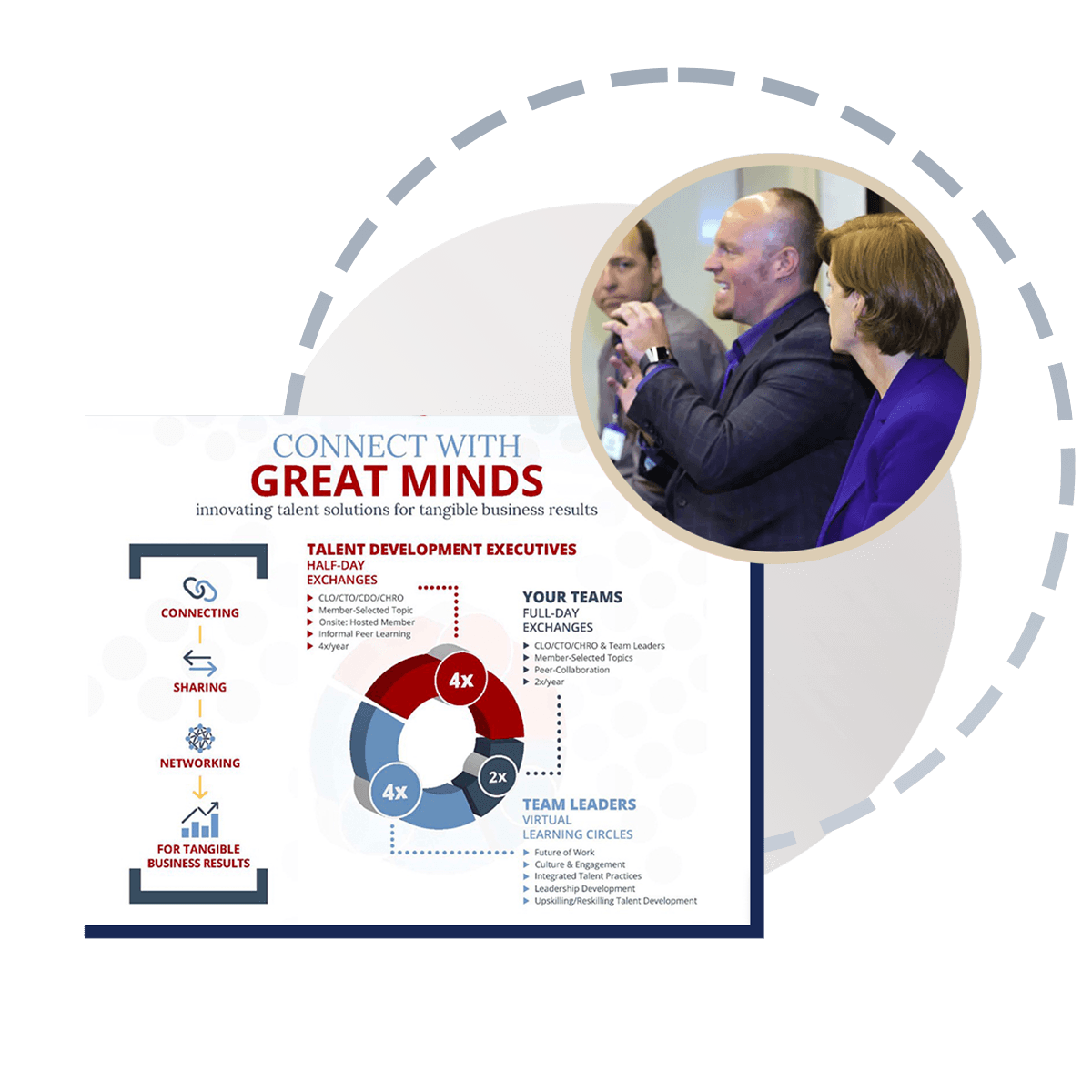Session Focus: AI-Supported, Simulation-Based Skills Practice Learning That Drives Business Results
In an era marked by rapid technological advances and evolving workforce demands, the pressure on HR and talent development leaders to upskill and reskill employees effectively has never been greater. AI-driven simulations, as demonstrated by Zurich's partnership with The Regis Company, are proving to be pivotal in shaping the future of corporate training and development. Here are key insights that every senior HR leader should consider:
- Rapid Skill Acquisition: The advent of the Fourth Industrial Revolution has magnified the need for millions of new and upskilled jobs. AI-driven simulations, like the SimGate platform used by Zurich, are not just tools but comprehensive systems that enable rapid, scalable, and practical skills training. This approach is particularly crucial in roles demanding high technical acumen, such as underwriting.
- Enhanced Learning Engagement: Traditional learning methodologies often fail to engage the modern learner fully. In contrast, simulations offer interactive and immersive experiences that mimic real-world challenges, leading to better engagement and retention of knowledge.
- Data-Driven Customization: One of the standout features of AI-driven learning platforms is their ability to provide real-time feedback and detailed analytics on learner performance. This capability allows HR leaders to tailor learning experiences to individual needs and measure effectiveness with unprecedented precision.
- Generational Learning: With workplaces becoming increasingly multigenerational, simulations offer a versatile solution that caters to diverse learning preferences. This is particularly important in organizations like Zurich, where the workforce spans from baby boomers to Gen Z.
- Cost-Effectiveness and Efficiency: Implementing AI-driven simulations can significantly reduce both the time and cost associated with traditional training methods. For example, Zurich’s initiative has cut down the time for underwriters to become proficient by facilitating on-demand, targeted skill development.
- Scalable Across Functions: The flexibility of simulation platforms means they can be adapted for various functions within an organization, beyond their initial use. This adaptability not only ensures a better ROI on technology investments but also supports comprehensive enterprise-wide learning initiatives.
AI-driven simulations represent a transformational approach to talent development, offering a blend of efficiency, engagement, and effectiveness that traditional methods struggle to match. As we navigate the complexities of today's job market, integrating such innovative solutions into our HR strategies is not just beneficial—it's essential. Embracing these tools can propel our organizations towards a future where continuous learning and adaptability are at the core of our human resource practices.
